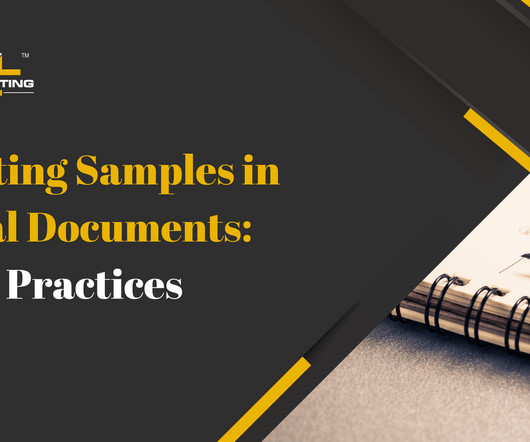Clearbrief CEO Jacqueline Schafer: Transforming Written Legal Arguments With AI
Attorney at Work
JULY 22, 2021
But there was a moment where I was able to point the judge to a sentence in my brief referring to a piece of evidence in the case. I remember thinking that it is all about the evidence. If you can show the judge where in the record you support your argument, the judge is so much more likely to agree with your theory of the case.












Let's personalize your content